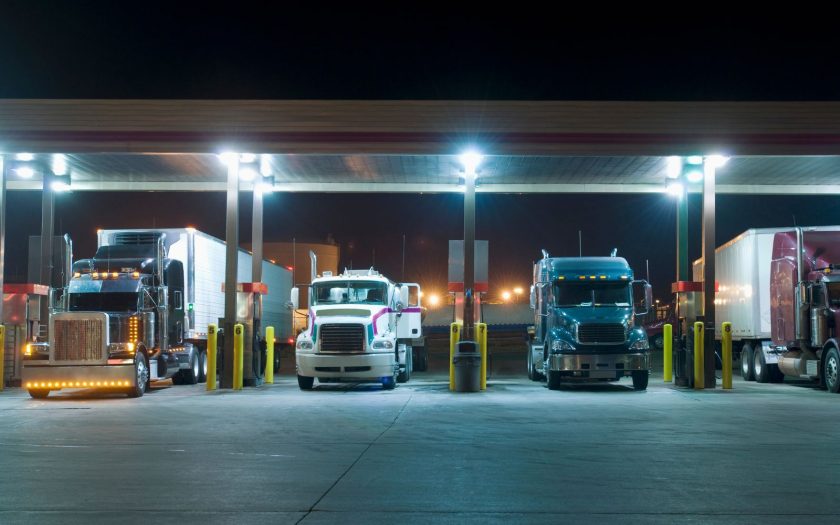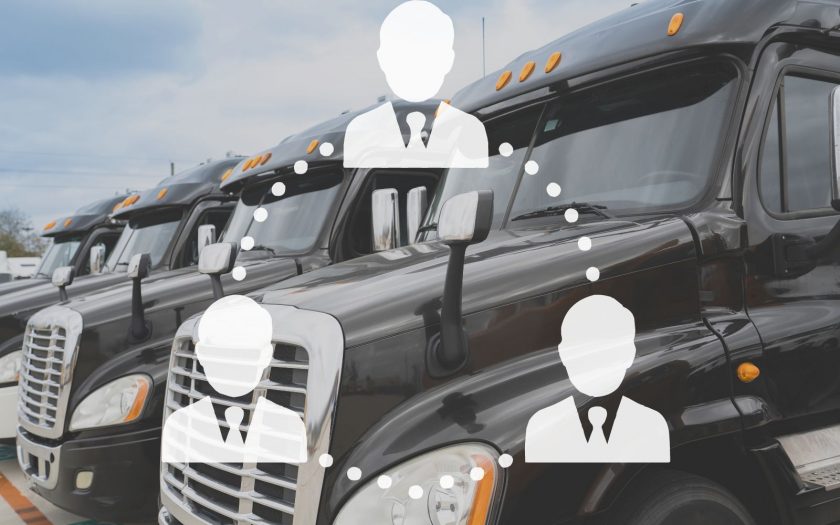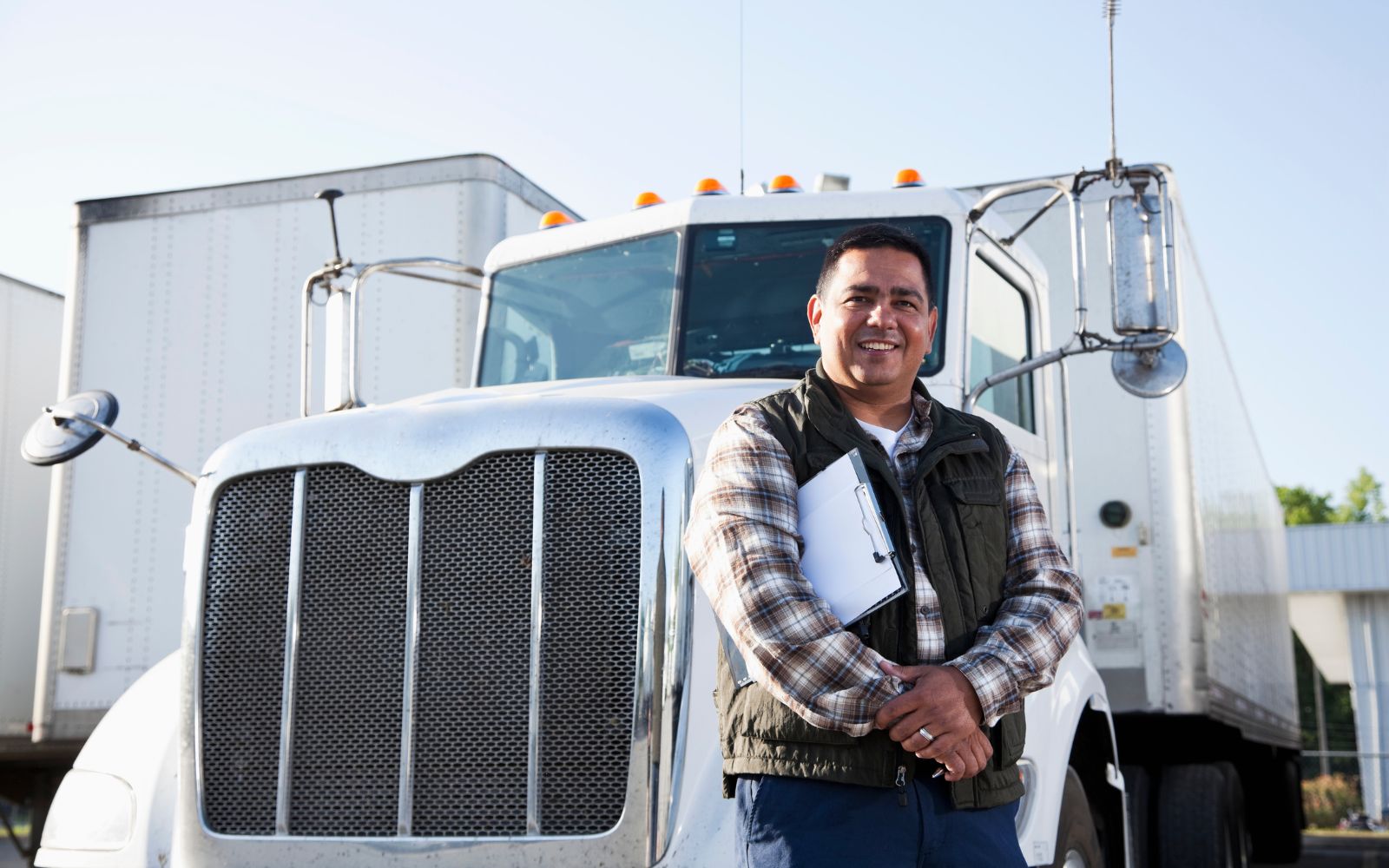The Federal Motor Carrier Safety Administration issues Department of Transportation (DOT) numbers to commercial vehicles that have been registered.
All carrier vehicles that exceed specified weight limits carry a minimum number of paying passengers or travel across state lines are required to have DOT numbers. Local DOT regulations also apply in the majority of states.
Dot Certification: What Does It Mean?
With DOT certification, a driver can demonstrate that they are qualified to operate commercial vehicles on highways and roads. Most states require DOT certification to use commercial motor vehicles, such as semi-trucks, delivery trucks, and public transportation.
You need to become DOT certified to obtain a commercial driver’s license instead of a personal driver’s license. Because it indicates that a job applicant has achieved DOT certification, most fleet drivers demand a commercial driver’s license.
To become DOT certified, a driver must pass a series of safe-driving tests and a physical examination. The Department of Transportation manages the DOT certification program.
Should I Get a DOT Number?
The idea that DOT numbers are only necessary for fleets of long-haul trucks is popular in fleet management. The first thing to figure out is whether a DOT number is required if you intend to drive any business truck.
While most states require a DOT number for various commercial vehicle operations, certain conditions do not, and other exemptions may be applicable.

When Is a DOT Number Required?
Every trucking company that uses a commercial vehicle weighing more than 10,000 pounds to move goods or people in interstate commerce must register the car with the FMCSA and get a DOT number. Instead of each truck, the DOT number identifies the carrier.
Carriers transporting hazardous goods like propane, fertilizer, insecticides, herbicides, and acetylene tanks must also have DOT numbers. The interstate commerce requirement can occasionally be challenging.
In the circumstances like these, a vehicle that travels within a single state from point A to point B may nonetheless be engaged in interstate commerce:
Despite passing through another state on the way, your car is moving between two locations in one state.
Even if you are confident that your carrier only operates within a single state, you should still verify with the state’s authorities to determine if they require a DOT number and consider any necessary insurance requirements.
To put these numbers and rules into practice, let’s look at a few examples:
- You manage a lawn care company that dispatches pickup trucks weighing 9,500 pounds to serve locations across two states. Because the vehicles don’t exceed the 10,000-pound weight limit, federal law won’t compel your business to get a USDOT number. You must research the requirements of the two states.
- You manage a mobile medical business that dispatches 12,000-pound vans with heavy equipment into remote regions in your state to deliver child vaccines and other critical medical services.
- You manage a fleet of commercial trucks whose drivers frequently travel to states along the coast. Because your cars weigh more than 10,000 pounds and your company engages in interstate commerce, you will need to obtain a USDOT number.

What Conditions Apply for a USDOT Number?
Although submitting and filing a USDOT application is quite simple, it necessitates some understanding of your company’s legal status. Along with the fundamental data, you should also collect the following information:
- Company activity
- categorization of operations
- Classification of cargo
The FMCSA’s registration and mn dot commercial vehicle requirements can be challenging for fleet operations of all sizes to follow. The rules and regulations are extensive and occasionally vaguely stated, which is the cause of a lot of this misunderstanding.
An organization that assists trucking companies with FMCSA compliance is referred to as a third-party DOT registration service.
The variations in DOT rules from state to state can also be difficult for on-the-road trucking companies that conduct business along interstate routes. Drivers and fleet managers may concentrate on what they do best by outsourcing these problems to a third-party registration provider.
A third-party registration agency will be familiar with all the subtleties of state and local regulatory legislation pertaining to the FMCSA registration of commercial motor vehicles for all purposes.
A third-party provider will also be aware of re-registration deadlines because they have access to customer registration files. This makes it possible for trucking companies to concentrate on fleet management and driver dispatch.

